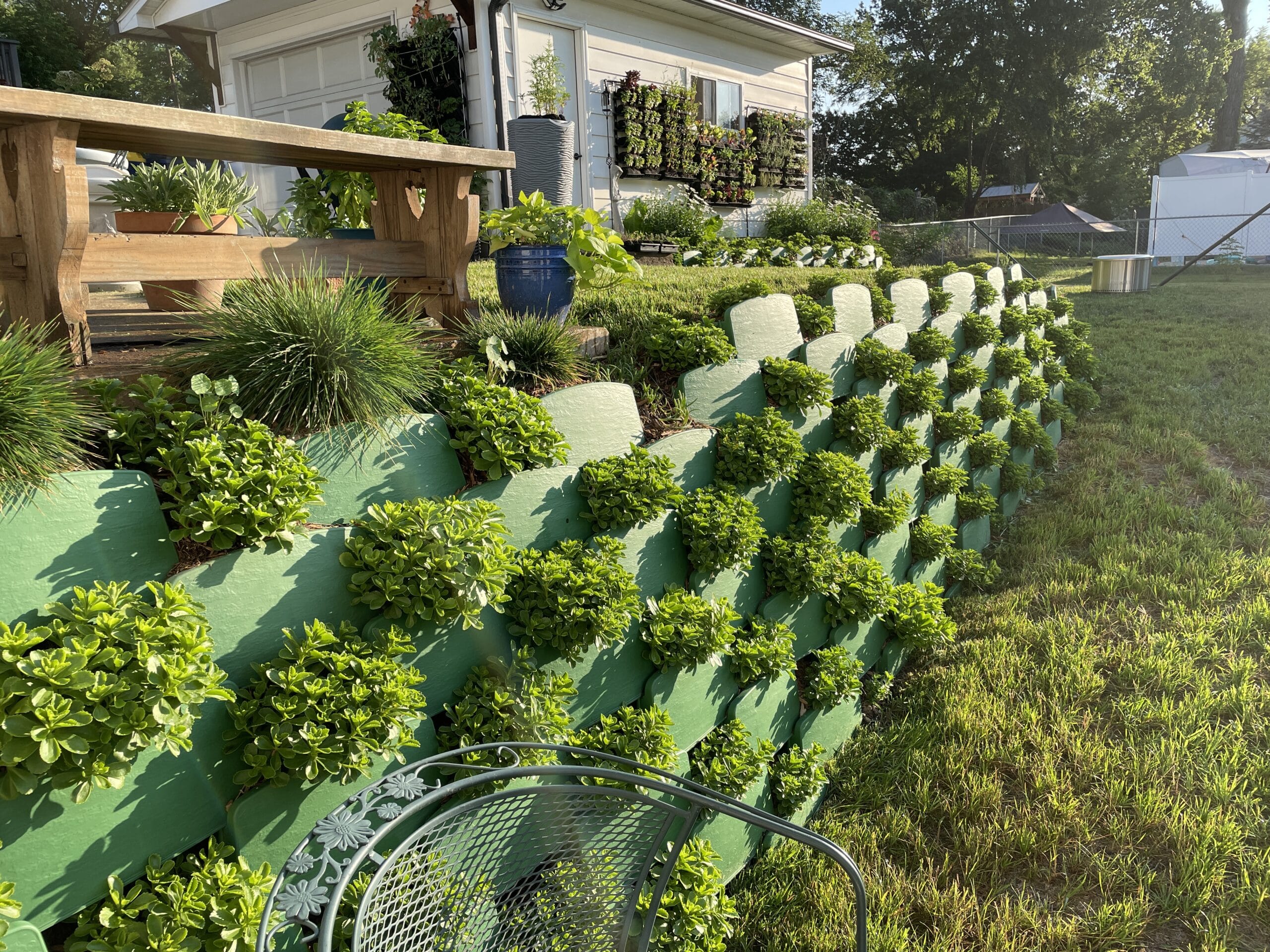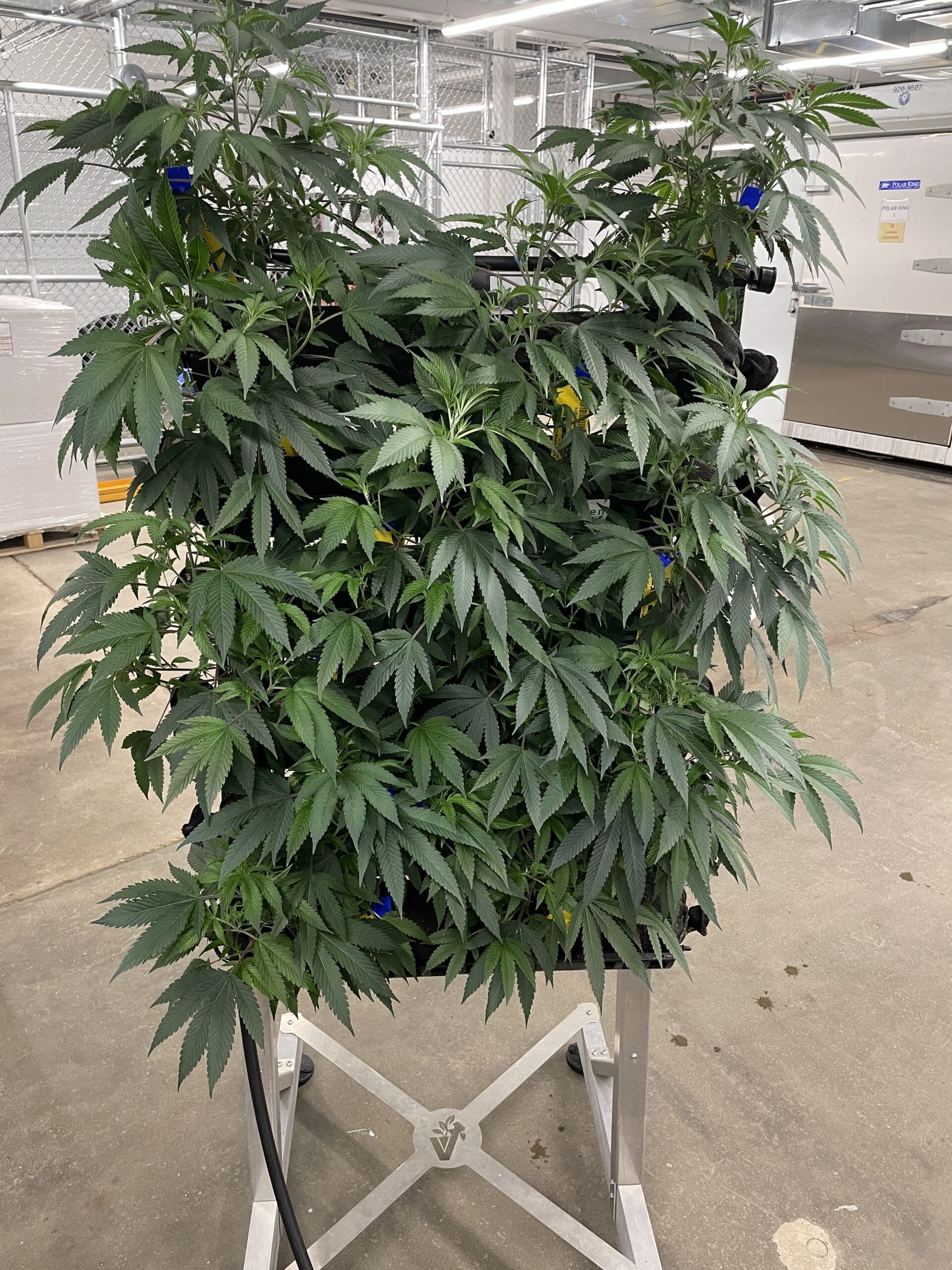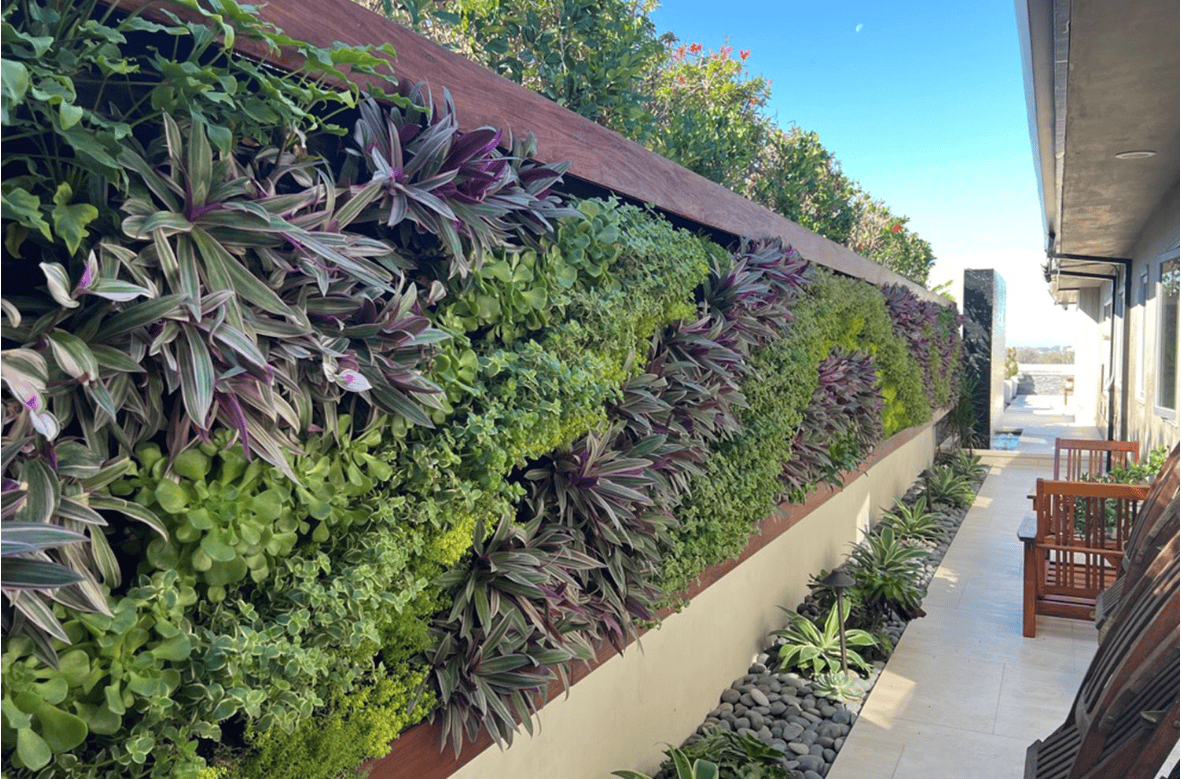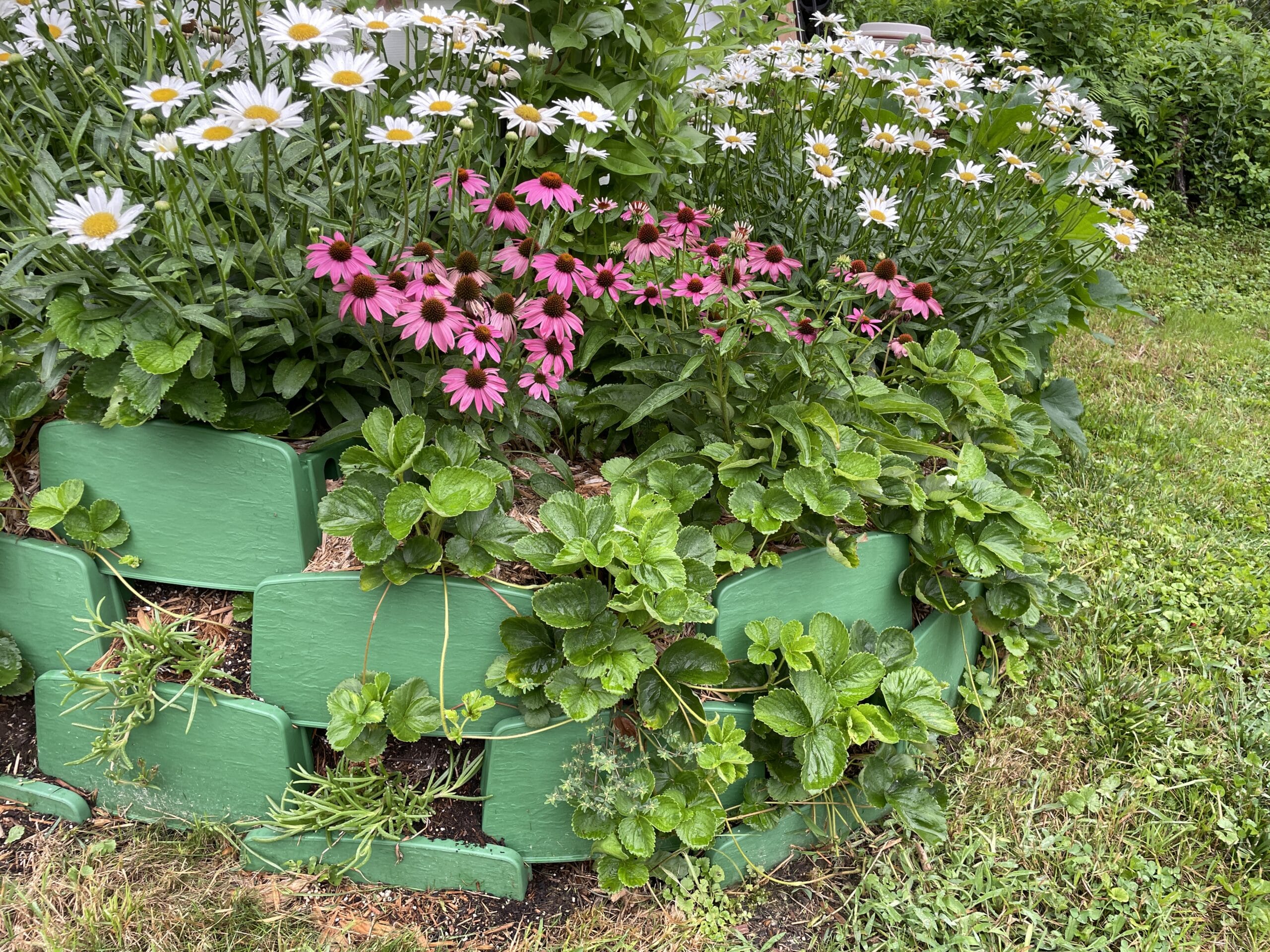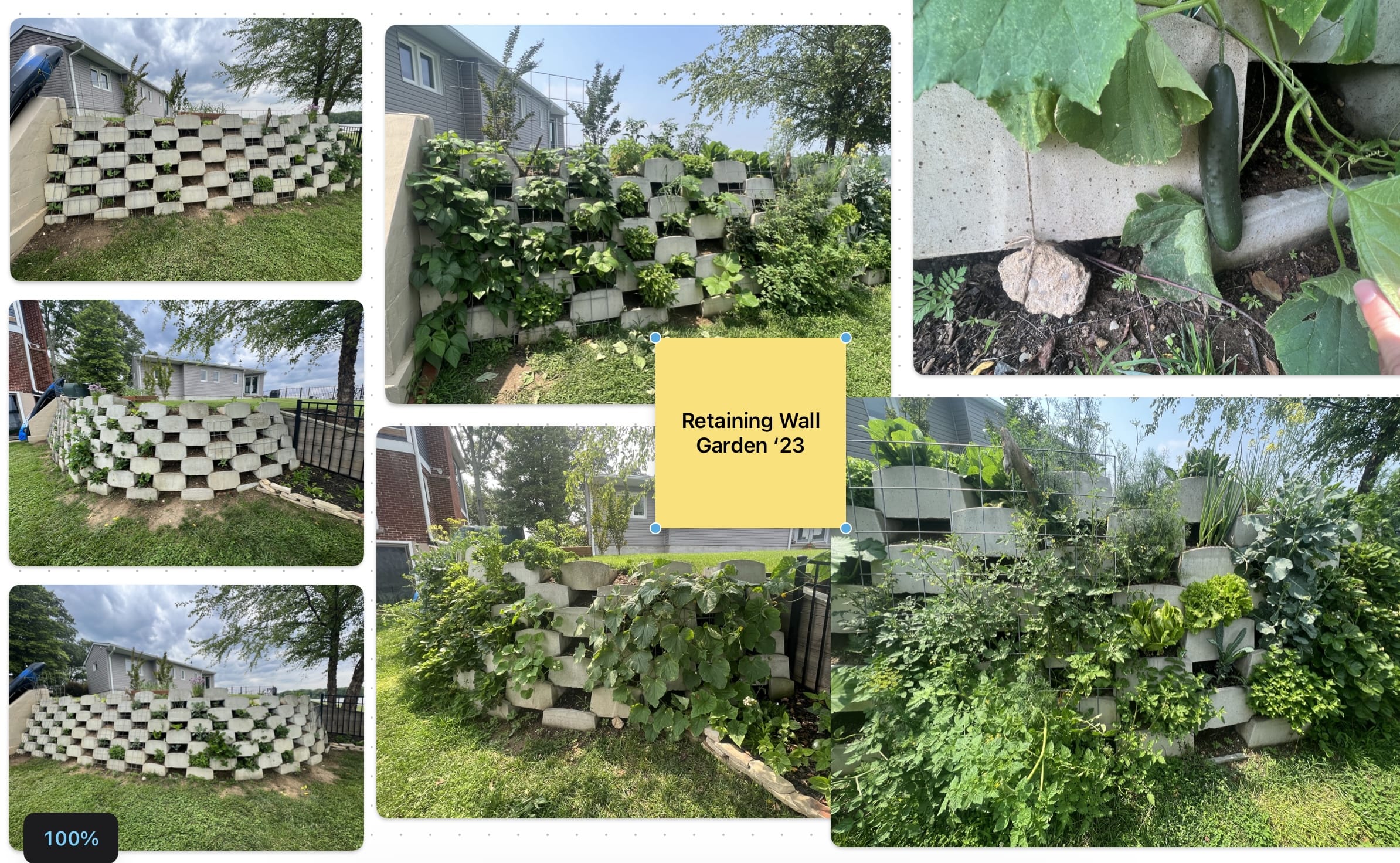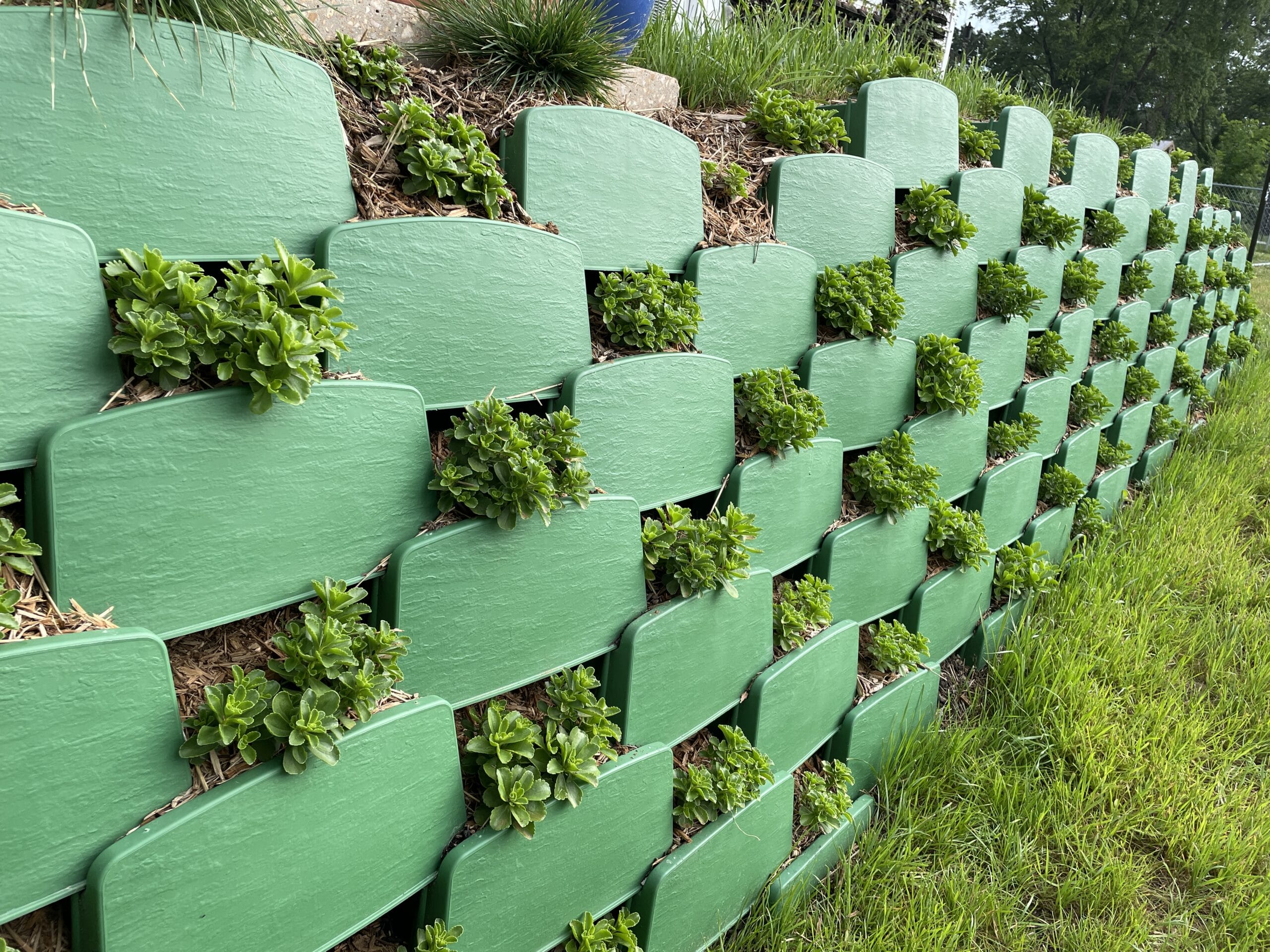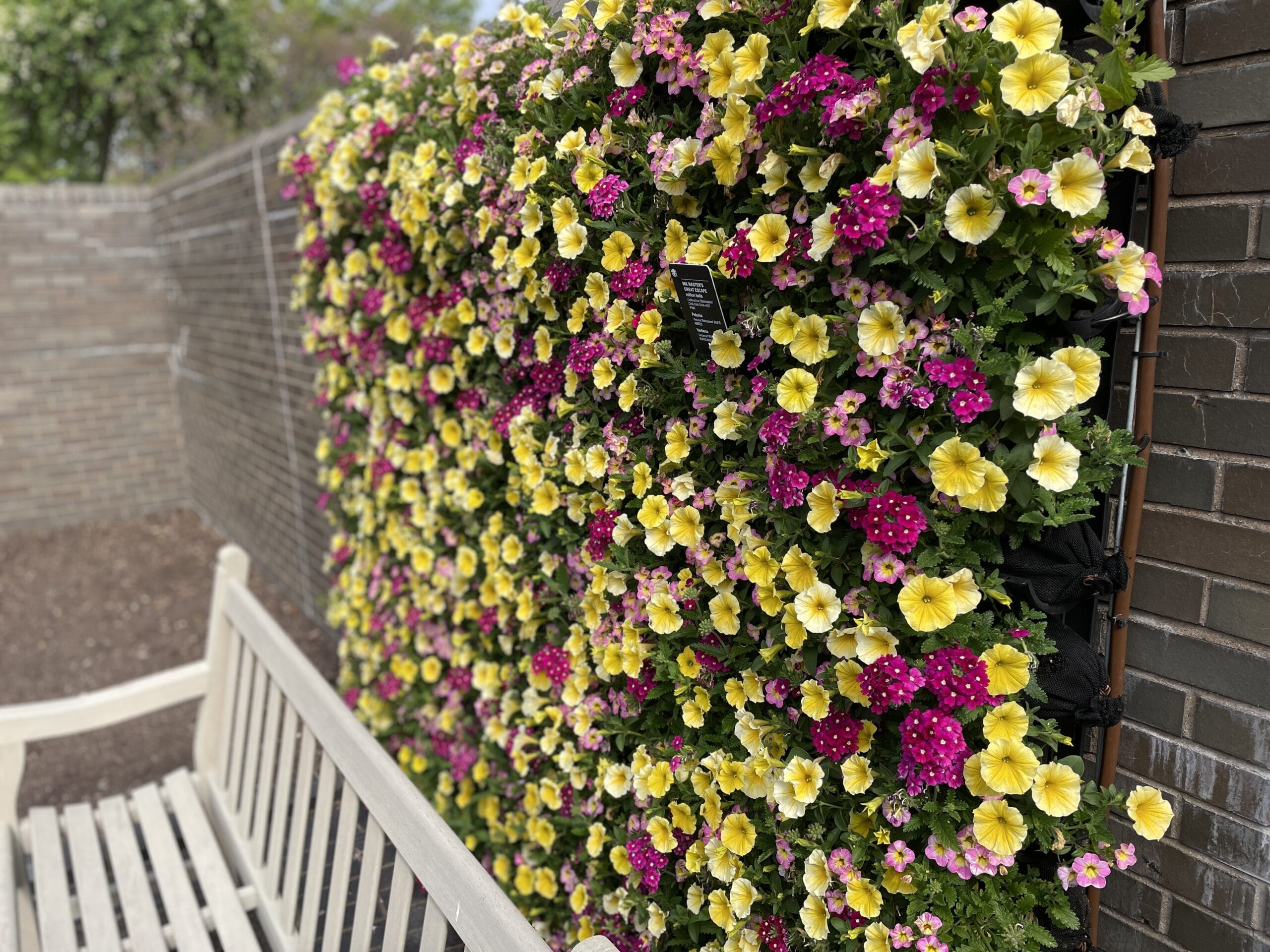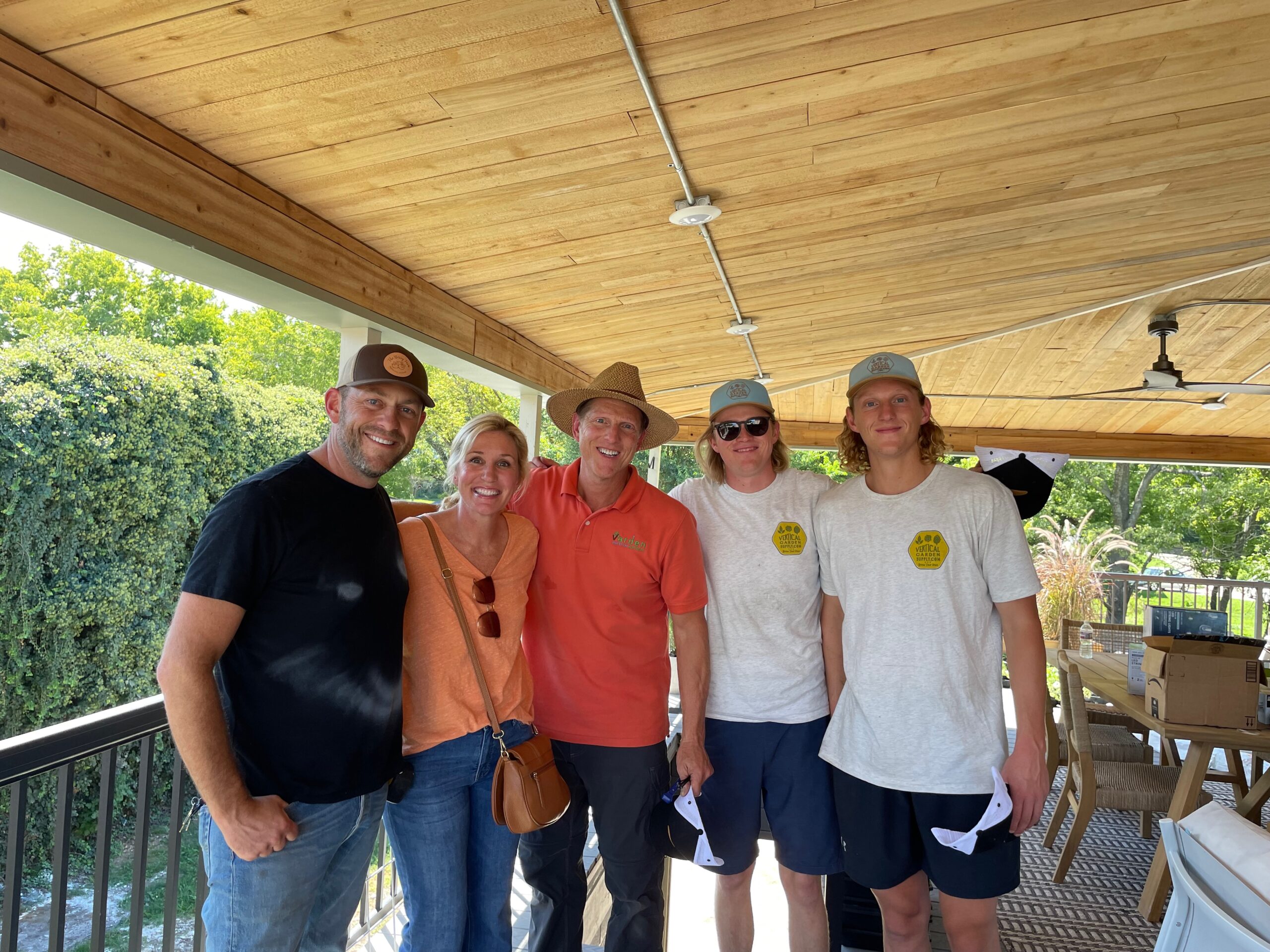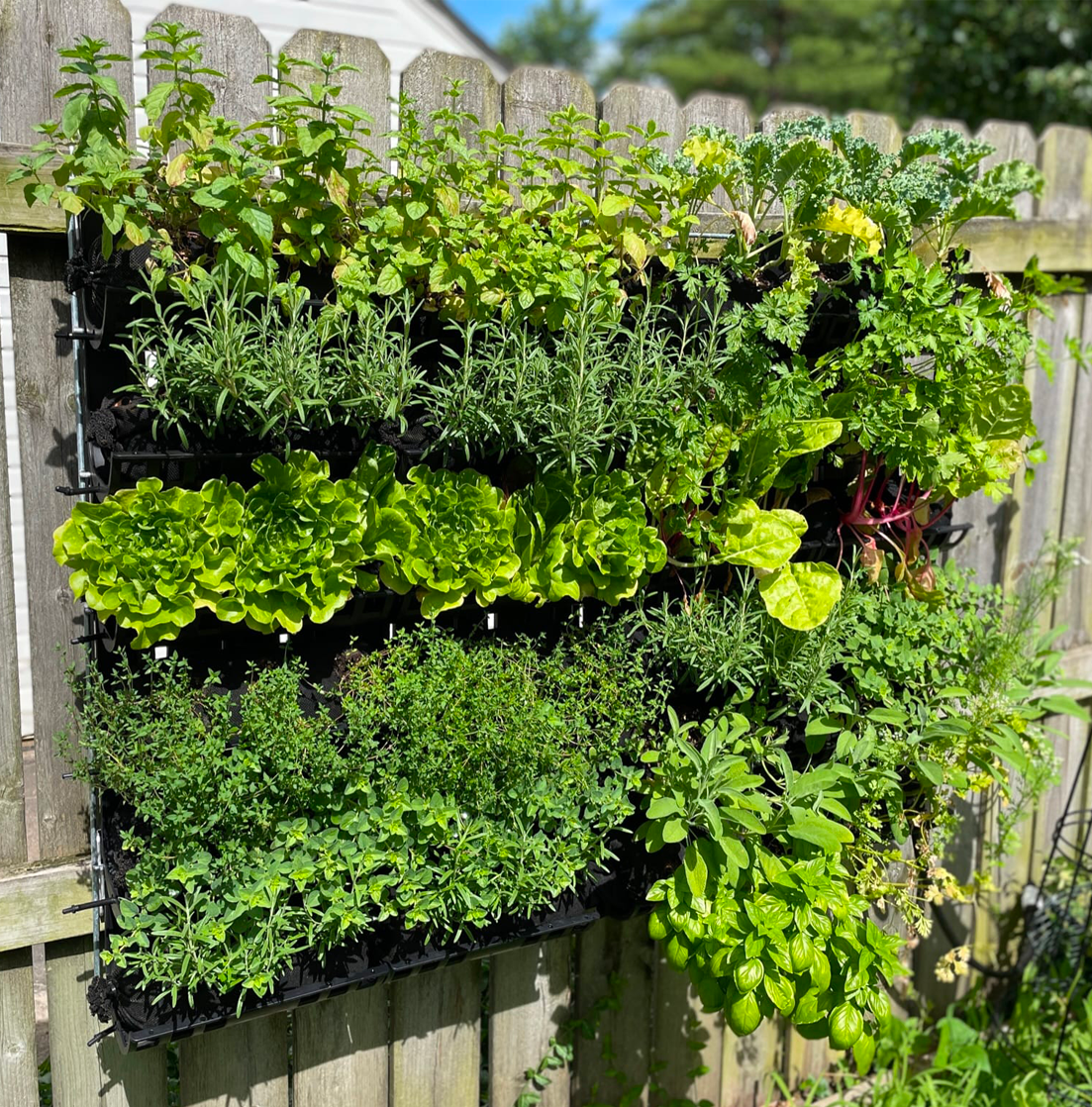What are the advantages of using rooted plugs versus starting with seeds?
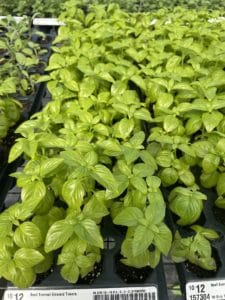 This is a commonly asked question in the gardening world especially if you find yourself well into spring and haven’t started germinating small seeds yet. Spring is a very tough season to predict with inconsistent temperatures and overnight lows getting below freezing. Many gardeners start their warm season crops indoors to get a head start for when soil and air temperature level off and become more consistent. There are plenty of advantages to sow seeds indoors before the last frost of the season. It is a very inexpensive way to start your vegetable garden, all you need is a pack of vegetable seeds, seed-starting mix, and an empty egg carton. Simply fill each indent in the egg carton with some soil, place one seed in each pocket, cover lightly with soil and keep moist for a few weeks. Within just a few days you should be able to see signs of the first true leaves. Make sure to keep the carton near a south facing window, if possible, in order to get ample light.
This is a commonly asked question in the gardening world especially if you find yourself well into spring and haven’t started germinating small seeds yet. Spring is a very tough season to predict with inconsistent temperatures and overnight lows getting below freezing. Many gardeners start their warm season crops indoors to get a head start for when soil and air temperature level off and become more consistent. There are plenty of advantages to sow seeds indoors before the last frost of the season. It is a very inexpensive way to start your vegetable garden, all you need is a pack of vegetable seeds, seed-starting mix, and an empty egg carton. Simply fill each indent in the egg carton with some soil, place one seed in each pocket, cover lightly with soil and keep moist for a few weeks. Within just a few days you should be able to see signs of the first true leaves. Make sure to keep the carton near a south facing window, if possible, in order to get ample light.
Once the seedlings have reached a few inches in height, it will be time to transplant them into a larger pot. Fill your new pot roughly 3/4 of the way full with soil and carefully transplant the young plants into their new home. Lightly cover the seedling with soil and be mindful not to bury too much of the stem. Lightly water after transplanting and set back in a sunny location. It is important to let your plants dry out between watering and not keep them constantly water logged. If you are unsure, you can always add more water but you can never take any away. Feeling underneath the soil with your finger is the best way to get an idea of how moist the root zone is, if it feels dry then it’s time for some water! Keep your seedlings happy indoors until after the last frost and your vegetable garden will be well on its way.
Using Rooted Plugs
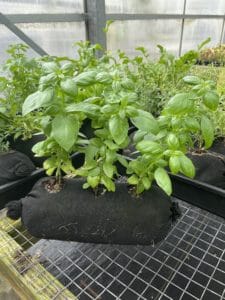 If you don’t have a green thumb or a lot of space, directly sowing seeds may sound like a ton of work. The best solution to creating an instant impact in your vegetable garden is utilizing rooted plugs. Plugs are a great alternative and a huge time saver in the Spring. They cost a bit more upfront than a seed packet would, but they require a lot less effort. When you buy rooted plugs, you know it’s a viable and healthy plant just by looking at it. When planting from seed a lot of things can go wrong. Germination from seed can be difficult sometimes, or you lose some during transplant into larger pots. Plugs can be a much easier route for those that have trouble growing, but still want to try their hand at gardening. Overall, plugs have a very established root system and integrate quickly into your garden. If you are looking for a quick way to fill your vegetable garden, plugs are the way to go!
If you don’t have a green thumb or a lot of space, directly sowing seeds may sound like a ton of work. The best solution to creating an instant impact in your vegetable garden is utilizing rooted plugs. Plugs are a great alternative and a huge time saver in the Spring. They cost a bit more upfront than a seed packet would, but they require a lot less effort. When you buy rooted plugs, you know it’s a viable and healthy plant just by looking at it. When planting from seed a lot of things can go wrong. Germination from seed can be difficult sometimes, or you lose some during transplant into larger pots. Plugs can be a much easier route for those that have trouble growing, but still want to try their hand at gardening. Overall, plugs have a very established root system and integrate quickly into your garden. If you are looking for a quick way to fill your vegetable garden, plugs are the way to go!
You can pick up seed packets to start your vegetable garden at most hardware and gardening stores. Or you can check out the fast-growing plants we offer through our Edible Plant Program.
Planting seeds can always be an issue because of the poor germination rate. It is tough to start seeds indoors, especially before the last frost. This is mainly due to available daylight early in the season. Some gardeners find themselves losing most of their sprouts due to lack of water or over watering. Our solution to this is our Fast Start Plug Program. This allows us to ship healthy plant plugs directly to your door. We offer a variety of mixes tailored to your taste buds and cooking habits. We grow them out in our greenhouse, so you don’t have to! This is a super cost-effective way to start your growing season off on the right foot. Before you transplant our plugs from the trays it is important to amend your garden soil for the growing season. This can be done with some compost rich in organic matter mixed throughout your raised bed or vertical garden. Usually, this type of compost can be found at your local garden center. There are plenty of other amendments to be found as well, incorporating worm castings can be a great way to give your plants a head start. I recommend adding compost during late fall or early spring to let the soil components come together. When selecting a compost, it is always a good rule of thumb that it has little to zero odor. If you are able to smell it, the organic matter is still breaking down and has not completed its life cycle yet. Adding a “hot” batch of compost can be overwhelming to new plants.
Pollination and Pest Control
Another important thing to consider when planting a garden is pollination and pest control. You should always incorporate some flowers around the edges of your planting area to attract beneficial insects and pollinators. Marigolds are an amazing option since they naturally repel insects with chewing mouthparts that wish to feed on your vegetables and herbs. They contain a chemical called thiophens that is a natural deterrent for nematodes, aphids, and whiteflies. Lady bugs are another amazingly beneficial insect for your garden, they feed on many species of insects and are a great first line of defense against aphids. Lady bugs can also be purchased at your local garden center if you’d like to have a little protection. Nasturtiums are another great pollinator option, and they’re also edible! They are a great addition to salads or on tacos to really give the dish a peppery flavor. Lastly, zinnias are an awesome warm-season flower to add in your raised beds. They add beautiful multi-colored blooms that pollinators absolutely love. The best part is they are amazing for cut flower bouquets. Snip a few flowers off throughout the season and you will always have a wonderful bouquet to display in a sunny window for a few days.
Get in Touch
Gardening doesn’t have to be a solo hobby. If you have any questions about our system or need suggestions on how to use it, please contact us. You can also join our Facebook group to get in touch with other horticulturalists and engage in a wider community of gardeners.
Discover More Indoor Herb Garden Wall Ideas on Our Pinterest!

